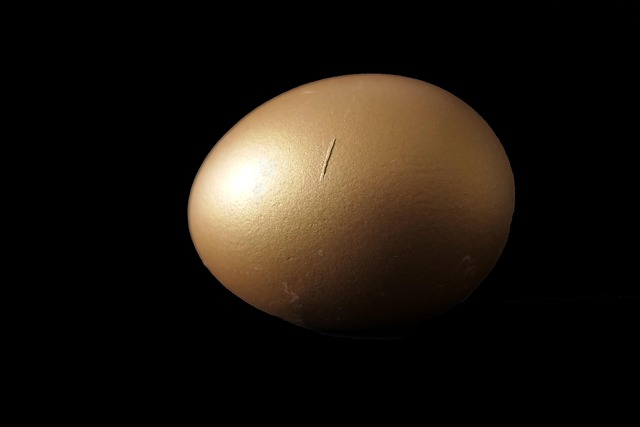IVF with donor eggs for male couples is a meticulous process enabling same-sex partnerships to create families through medical evaluations, controlled ovarian stimulation, egg harvesting, and embryo transfer. This method overcomes fertility challenges, allows genetic parenthood, and is preferred over adoption. Selecting the right sperm donor involves considering both biological and emotional criteria, while legal and emotional factors are paramount for a successful IVF experience.
For same-sex male couples considering starting a family through In Vitro Fertilization (IVF), selecting a sperm donor is a crucial step. This process, known as IVF with donor eggs for male couples, involves careful navigation to ensure the best outcome. Understanding the IVF process tailored to their needs, exploring the role of sperm donation, and making informed choices regarding donors are essential components. Additionally, legal and emotional aspects must be considered to foster a supportive environment throughout the journey.
Understanding IVF Process for Male Couples
The IVF with donor eggs for male couples process is a carefully orchestrated journey designed to help same-sex male couples build their families. It involves several steps, including medical assessments for both partners to ensure fertility potential and overall health. Once ready, the process begins with controlled ovarian stimulation (COS), where medication encourages the development of multiple eggs in the female partner’s ovaries. These eggs are then harvested during an outpatient procedure.
The collected eggs are matched with a donor sperm, either from a known or anonymous donor, to create embryos. This step is crucial for male couples as it ensures genetic connection between both partners and their future child. The resulting embryos are allowed to develop for several days before being transferred into the uterus of the receiving (female) partner through an IVF procedure.
Role of Sperm Donation in IVF
In many cases, same-sex male couples who wish to start a family turn to IVF with donor eggs as a viable solution. This process involves using donated oocytes (eggs) from a female donor alongside sperm provided by one of the partners or a donor. The role of sperm donation in this context is pivotal; it ensures fertility and allows for genetic parenthood, addressing the primary barrier to having biological children together.
By utilizing donor sperm, couples can navigate the complexities of third-party reproduction, offering a path to parenthood that respects their unique circumstances. This approach has gained significant acceptance, providing an alternative to adoption or other forms of family creation, especially when direct contribution to genetic lineage is desired.
Choosing the Right Sperm Donor
When considering IVF with donor eggs for male couples, selecting the appropriate sperm donor is a significant step in the process. It’s essential to match both biological and emotional criteria when choosing a donor. Several factors come into play, such as medical history, genetic compatibility, and psychological assessment. A reputable clinic should offer comprehensive screening and testing to ensure the safety and health of the donated sperm.
In addition, couples should consider the donor’s appearance, personality traits, and background information, if available, to find a suitable match that aligns with their preferences. Open communication about these choices is vital for fostering a positive experience throughout the IVF journey.
Legal and Emotional Considerations
When determining which partner provides the sperm in an IVF (in-vitro fertilization) procedure with donor eggs for male couples, there are several legal and emotional considerations to keep in mind. Legally, both partners must be on the same page regarding their roles and responsibilities, especially when it comes to parental rights and custody agreements. This is crucial, as any discrepancies can lead to complex legal issues down the line.
Emotionally, the decision can trigger a range of feelings for each partner. The sperm donor may feel a sense of accomplishment and joy at contributing to building a family, while the receiving partner might experience anxiety or insecurity about their role in the process. Open communication is essential here, fostering an environment where both individuals feel heard and understood, ultimately strengthening their partnership throughout the IVF journey.
When it comes to IVF for male couples, determining the sperm provider is a crucial step. By understanding the role of sperm donation, carefully choosing a suitable donor, and navigating legal and emotional considerations, same-sex male couples can enhance their chances of building families. This process requires open communication and informed decisions, ultimately leading to a successful and rewarding journey towards parenthood. For those exploring IVF with donor eggs for male couples, these steps are essential in creating the family they desire.
